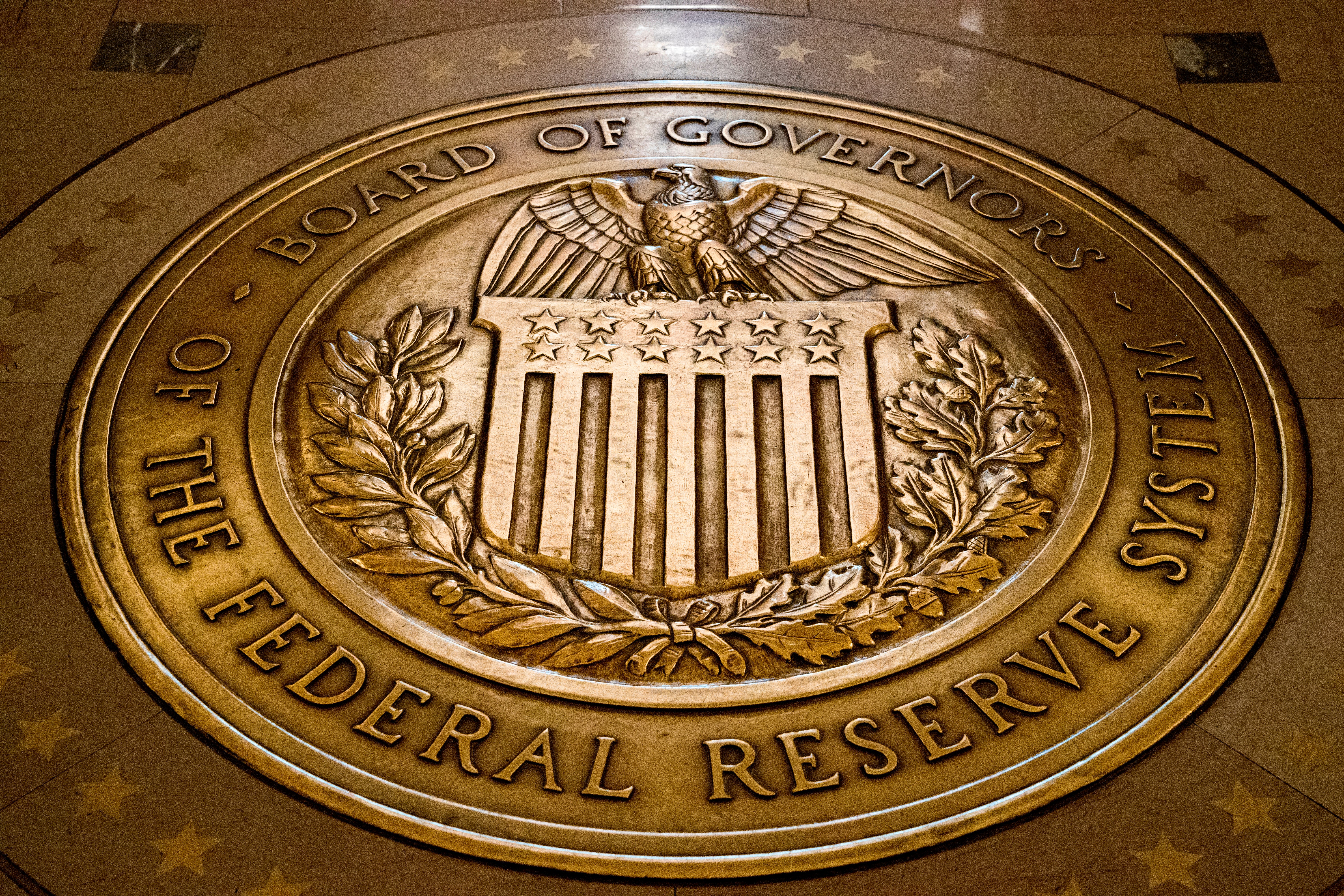Senate panel backs Michael Barr, Biden pick as Fed regulator
The nomination of Michael Barr, President Joe Biden’s choice to be the top regulator on the Federal Reserve’s Board of Governors, was approved by a congressional committee and sent on the full Senate

Your support helps us to tell the story
From reproductive rights to climate change to Big Tech, The Independent is on the ground when the story is developing. Whether it's investigating the financials of Elon Musk's pro-Trump PAC or producing our latest documentary, 'The A Word', which shines a light on the American women fighting for reproductive rights, we know how important it is to parse out the facts from the messaging.
At such a critical moment in US history, we need reporters on the ground. Your donation allows us to keep sending journalists to speak to both sides of the story.
The Independent is trusted by Americans across the entire political spectrum. And unlike many other quality news outlets, we choose not to lock Americans out of our reporting and analysis with paywalls. We believe quality journalism should be available to everyone, paid for by those who can afford it.
Your support makes all the difference.The nomination of Michael Barr, President Joe Biden's choice to be the top regulator on the Federal Reserve's Board of Governors, was approved Wednesday by a congressional committee and sent to the full Senate.
Barr, who served as a top Treasury Department official in the Obama administration, is considered likely to be confirmed by the Senate. A confirmation vote would make him the third of Biden's nominees to join the Fed's board and would further solidify the president's stamp on the central bank. It would also fill the last of seven seats on the board just as the Fed is grappling with the worst inflation spike in four decades.
The committee voted 17-7 for Barr, with Sen. Pat Toomey of Pennsylvania, the senior Republican on the panel, and four other Republicans voting to approve the nomination. Biden had nominated Barr after his first nominee, Sarah Bloom Raskin, withdrew in the face of opposition from Senate Republicans and Sen. Joe Manchin, a West Virginia Democrat. They asserted that Raskin would have gone too far to take account of climate change as part of the Fed’s regulatory authority and would possibly discourage banks from lending to energy companies.
Biden has also reappointed Jerome Powell to a second four-year term as Fed chair and elevated Lael Brainard to the position of vice chair. Biden also nominated economists Lisa Cook and Philip Jefferson as members of the board. All have been confirmed by the Senate.
The new members will add to the diversity and political makeup of the Fed. Brainard was the lone Democratic appointee until Jefferson and Cook were approved. Jefferson and Cook, who were sworn in late last month, are the fourth and fifth Black governors in the Fed's 108-year history. Cook is the first Black woman to serve on the board.
Yet most economists expect little change in the Fed's policies, particularly in the short term. To fight inflation, Powell, Brainard and other Fed officials have signaled that the central bank will raise its short-term interest rate by a half-percentage point — double its usual increase — at each of its next two meetings, including one next week. The Fed is considered likely to keep raising rates, perhaps in quarter-point increments, for several meetings after that.
Barr, while serving in the Obama Treasury Department, helped craft the 2010 Dodd-Frank financial regulations after the devastating 2008 financial crisis. He is now the dean of the University of Michigan’s Gerald R. Ford School of Public Policy.
If confirmed by the Senate, Barr would join the Fed's board as the vice chair for supervision, a position created by the Dodd-Frank legislation. He would also have a permanent vote on rate decisions at each of the Fed’s eight policy meetings each year.